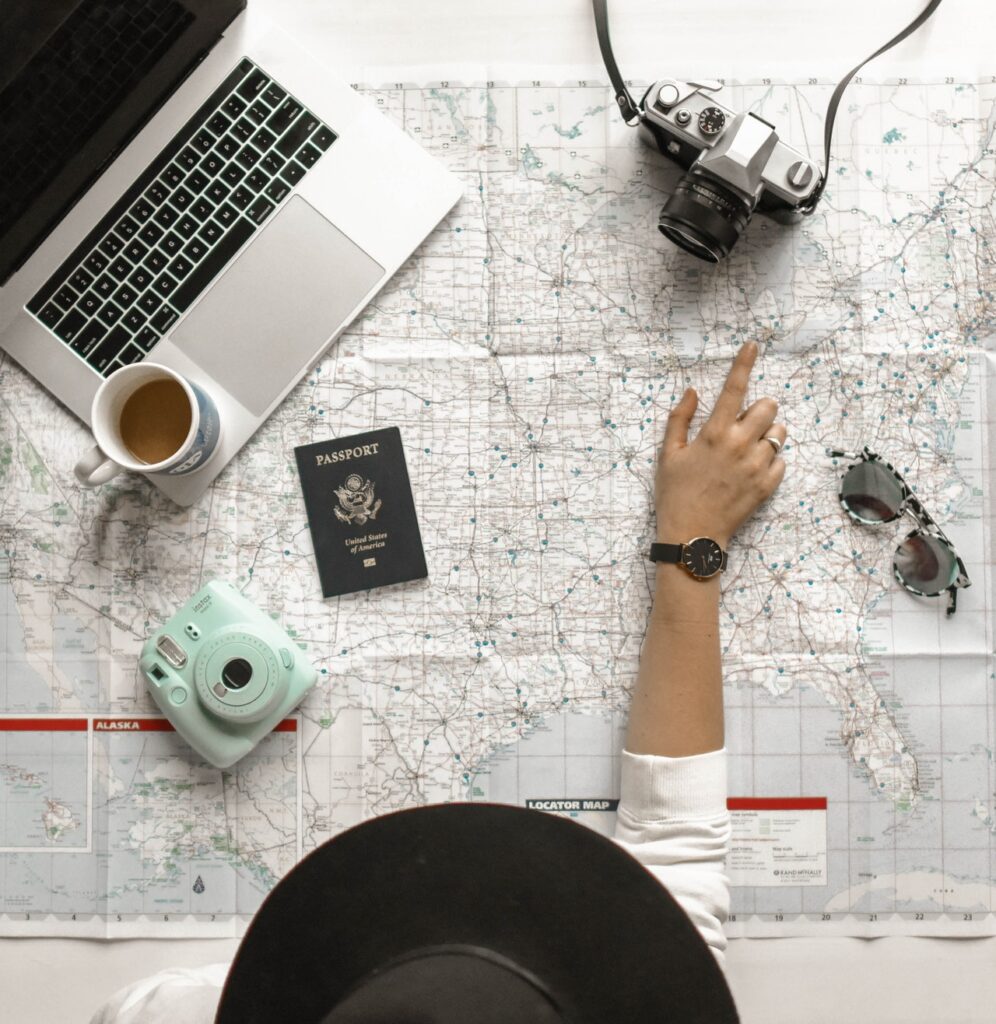6 Tips for Traveling Somewhere with a Different Language
 Have you ever found yourself somewhere where you didn’t understand the language? I’m not just talking about being Yankee confused by Texas slang while investigating Austin houses for sale. I’m talking about full-on “stranger in a strange land” fish-out-water territory.
Have you ever found yourself somewhere where you didn’t understand the language? I’m not just talking about being Yankee confused by Texas slang while investigating Austin houses for sale. I’m talking about full-on “stranger in a strange land” fish-out-water territory.
It can feel rough. Baffling. Even unnavigable. Buy into those feelings, and you’re toast. Instead, switch your mindset and challenge yourself to push through. Not only will you survive and hopefully thrive, you might also just learn something along the way.
Nail Down the Basics
Learning a whole new language doesn’t just happen overnight. It takes time, usually more time than you reasonably have before an upcoming trip. Instead of spending months or even years becoming fluent in a foreign language for a vacation that will only last two weeks, focus on learning the basics.
That means common words like “yes,” “no,” “please,” “thank you,” “hello,” and “goodbye.” It also means words that make it easy to ask for assistance, such as “help,” “hotel,” “where,” “emergency,” “lost,” and things of that nature.
Use Translation Apps
Once you’ve got a grasp on the bare essentials of the local language, things become a lot easier. However, there’s still a huge gulf between you and, well, everyone else. In the past, the way to bridge that gulf was to carry around a thick translation dictionary that you’d have to hastily page through during every conversation.
Today, thankfully, mobile phone apps have made translation a lot easier. Some use your phone’s camera to read text on signs and documents and spit out a word-for-word English version. Others allow you to speak into your phone’s microphone and have your sentence translated into another language almost instantly.
Practice Hand Gestures
Did you ever play charades when you were a kid? Were you good at it? If not, it’s time to start practicing. Hand gestures are a valuable tool for communicating with people who can’t understand your speech.
At the very least, pointing to things is a good way to get someone to focus their attention on a specific idea or object. More involved gestures can express similarly complex concepts, such as “walking” your middle and index fingers across your palm to indicate traveling, turning an imaginary steering wheel, or eating imaginary food.
Bring Along Photographs
Not everything you show people has to be imaginary, of course. Simplify the amount of work you have to do by taking and bringing along photographs of things you want to reference. For example, take a picture of your hotel when you arrive or download a picture of a restaurant you want to visit.
This way, if you get lost, you pull out your phone and show these pictures to someone while pointing around in an inquisitive manner. It won’t take long for most people to catch on and help you regain your bearings.
Be Respectful of Locals
Remember that thing about learning basic words like “please” and “thank you”? Well, just because those words don’t seem essential to you doesn’t mean they aren’t. When asking for help, polite behavior goes a long way.
Being a stranger in a foreign place should be a humbling experience. Don’t demand assistance or expect people to bend over backward for you. That’s a good way of guaranteeing they’ll do the exact opposite. Try to learn a little about the local culture, especially the taboos. Respect them and you’ll be respected, too.
Don’t Be Self-Conscious
Are you worried about looking like a tourist? Well, stop. A tourist is exactly what you are, and there’s nothing wrong with that. In fact, being a tourist is often a huge advantage. If you’re trying to blend in with the locals, it becomes harder to ask for help and others become less likely to offer it.
Why would they? You look like you know what you’re doing, even if you don’t. Make it plainly obvious that you need help and people will be more willing to help you. Everyone knows what it’s like to feel out of place, so most folks won’t judge you. Rather, they’ll sympathize with you.


